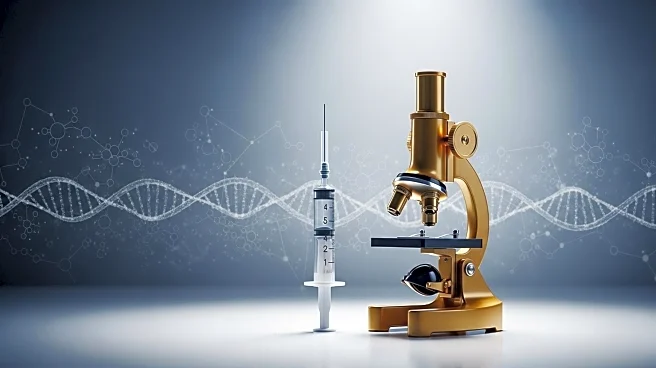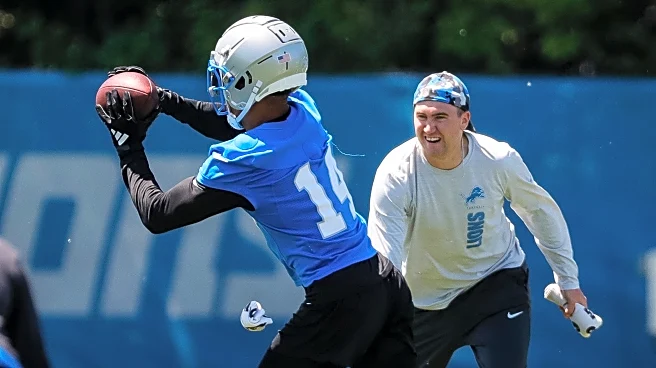What is the story about?
What's Happening?
The Trump administration plans to award a no-bid contract to Rensselaer Polytechnic Institute (RPI) to investigate potential links between vaccines and autism. This decision, announced by the Department of Health and Human Services, has sparked controversy due to the lack of scientific evidence supporting such a link. U.S. Health Secretary Robert F. Kennedy Jr., known for his antivaccine stance, has been a proponent of this research initiative. The contract is intended to utilize RPI's capabilities in data analysis, although the institute is not widely recognized for expertise in autism research. Critics argue that the funds could be better allocated to other research areas, given the extensive studies that have already debunked the vaccine-autism connection.
Why It's Important?
The awarding of this contract is significant as it highlights ongoing debates about vaccine safety and public health policy. The decision to fund research into a discredited theory could divert resources from more pressing scientific inquiries, potentially impacting public trust in vaccines. This move may also influence future research funding priorities and public health strategies. The involvement of a prominent antivaccine figure in federal health policy raises concerns about the potential politicization of scientific research and its implications for evidence-based decision-making.
Beyond the Headlines
The contract's focus on a debunked theory raises ethical questions about the use of public funds for research with little scientific merit. It also underscores the challenges faced by public health officials in combating misinformation about vaccines. The decision may have long-term implications for how scientific research is prioritized and funded, potentially affecting the credibility of health agencies and their ability to address genuine public health concerns.

















